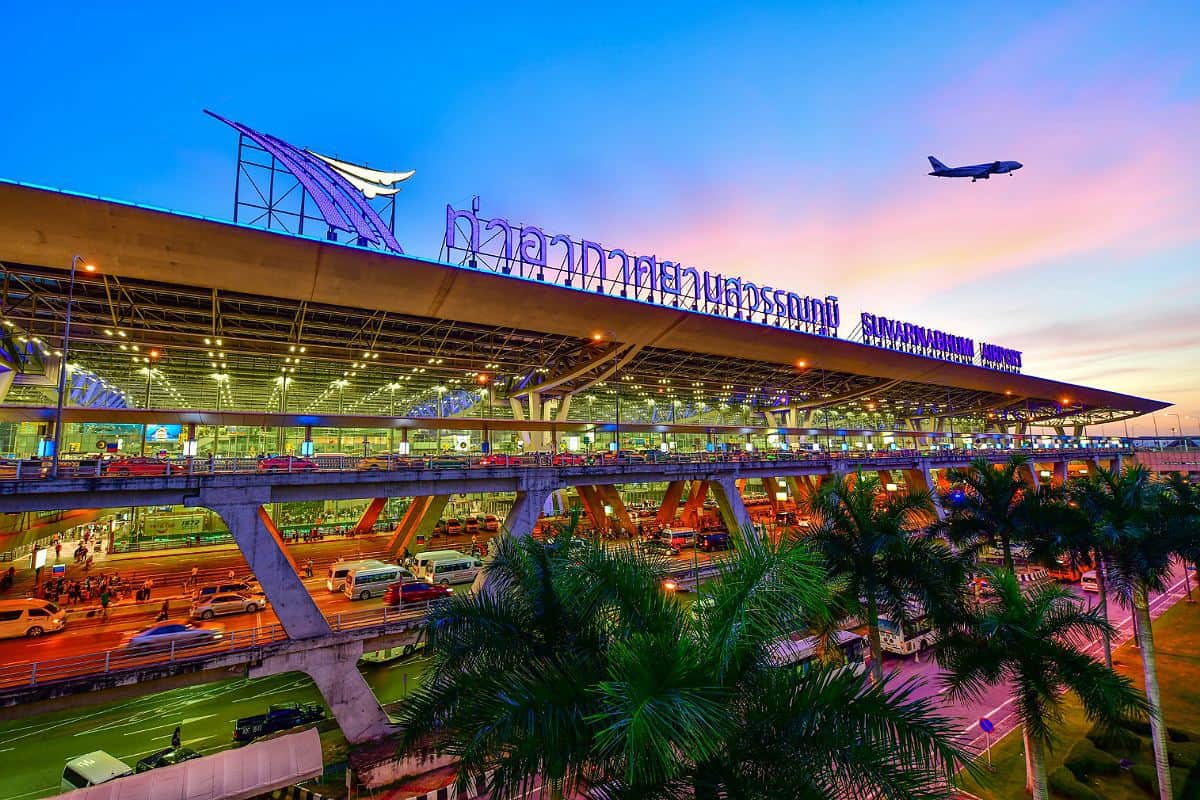Thailand is set to charge foreign travelers an entry free when they arrive from April of this year. The controversial new measure was mooted last year, but looks set to finally become official in just a few months. The decision comes amidst a backdrop of uncertainty regarding the tourism situation in the country, after the plug was pulled on the popular Test & Go entry system just last week as the country looks to stop any further spread of Covid-19.
Whilst the entry fee is set to be hard for foreign arrivals to stomach, it has also caused controversy amongst those in the Thai travel industry, who fear it could be damaging to the country’s attempts at recovering the tourist sector. Here’s everything you need to know about the new entry fee plans, including when it is set to start, how much it will be, and what the money will be used for.
Thailand’s Entry Fees – Information For Travelers
Whilst it has long been talked about for years, most recently making the headlines in 2021, senior officials in Thailand confirmed yesterday the intention to begin charging incoming foreign travelers an entrance fee from April of this year. April is typically a busy month for travel to Thailand, with the country celebrating Songkran, the Thai new year celebration that draws several travelers in due to its water-splashing nature.
Thankfully for incoming travelers, the added entrance fee is a modest $300, which is the equivalent of roughly $9 USD. The fee is set to be included in the price of airfare – meaning travelers won’t have to scramble around for changes at customs – and has been heralded as an example of the Thai government’s sustainable travel plans. Funds generated from the entrance fee are also set to benefit incoming travelers.
Part of the entrance fees paid by travelers are to be reinvested in developing tourism attractions and infrastructure, as well as being used to help cover the healthcare costs of travelers without insurance. Part of the fee will be used to take care of tourists,” Tourism Authority of Thailand governor Yuthasak Supasorn said, before adding that there have been several examples of travelers in hospitals without adequate insurance policies, who then became an expensive burden to take care of.
However, whilst the entrance fees are set to benefit the industry, not all in the Thai travel sector are happy, fearing that it could have a negative effect on the levels of inbound tourism. Marisa Sukosol Nunbhakdi, president of the Thai Hotels Association, said:
“If the country wants to welcome back tourists, the tourism fee has to be put off until at least 2023 as the sector has to be rebuilt from the ground up because of the Omicron variant.”
Once home to the world’s most visited city in Bangkok, Thailand has struggled with its attempts to woo tourists back to the country, welcoming only 200,000 to its shores in 2021 – a significant drop from 40,000,000 arrivals in 2019 before the pandemic. The situation looked brighter as the country announced its Test & Go entry method, but that has since been suspended due to the threat of the Omicron variant.
After initially coping extremely well during the pandemic, the country experienced a high volume of cases between June and September last year. At present, Thailand is recording a 7-day daily average of almost 9,000 cases of the virus, whilst several provinces consider implementing new restrictions in an effort to prevent those figures from rising further.

